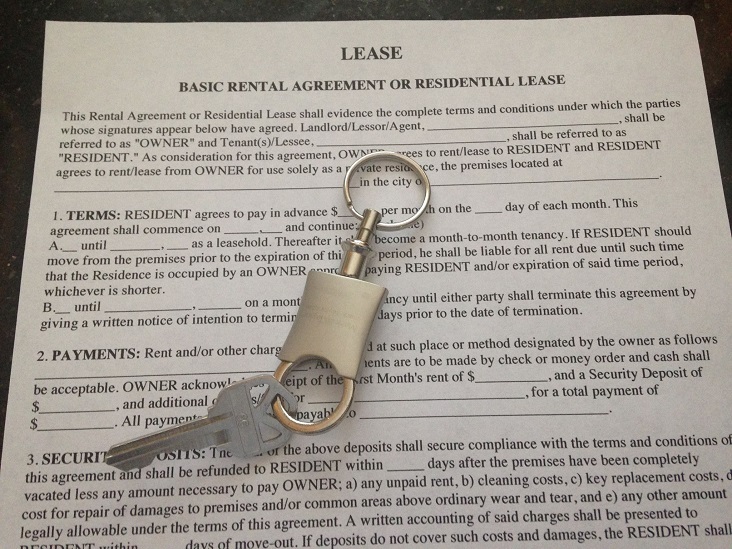When you move into a new place, you’ll typically sign a lease with the intention of living in your new city or new place for an entire year. But sometimes life happens. Maybe you get sick. Maybe a relative does. You might lose your job and get another one in a different town. If you’re married or in a serious relationship, your spouse or partner might have to move to another city and want you to follow him or her. No matter the reason, you may find yourself in a situation where you have to break your lease. If this happens, here’s a guide provided by Massachusetts and Rhode Island attorney and real estate broker T. Harry Eliopoulos that you can use to handle this trying situation.
If Your Home Becomes Uninhabitable

Under the lease agreement, you’re responsible for paying monthly rent and keeping the house in good condition. If your home becomes uninhabitable and the property manager does nothing to fix it, you may be able to legally break your lease. If your manager enters the apartment and violates your privacy, you may be able to break your lease. Before doing this, you must write your property manager a letter discussing the problem(s). The property manager has a reasonable amount of time to fix the problem before you leave. If your property owner doesn’t do anything to solve the issue, you can terminate your lease through the courts or by contacting a local attorney.
Military Service
If you’re entering the military, you can legally terminate your lease under federal law. You’ll want to write your property owner a letter saying you are entering military service. After 30 days, your lease will terminate.
When You Need to Leave

If you have to vacate your home, you may still be liable for the remainder of the lease. If you move out without notifying your property owner, he or she can sue you for the rest of the money you owe. Essentially, you have two options in this situation.
“Your better option is to notify your property manager as soon as you know you may have to leave and see if you can negotiate a shorter lease or the property manager may agree to terminate your lease early,” says Eliopoulos. You can also try to find a new renter to take over your lease for you. But your property manager doesn’t have to take a new renter. Before you do anything else, you’ll want to try working with your housing manager to see if you can reach an agreement.
In some states, if you leave without finding a new renter, your property manager has a duty to find a new renter to reduce the amount of rent you owe.
Find Temporary Housing
If you know there’s a chance you may leave — if your partner is looking to relocate, for instance — you can try to find a month-to-month lease or tenancy at will. This will give you more flexibility with your own lease.
Research Local Resources

You’ll want to Google local housing resources for additional help. ForRent.com is another great place to research this key topic. Learn more about what to expect when you have to break your lease.
Please note that you should consult a legal professional in your state before making any final decisions regarding your lease.

